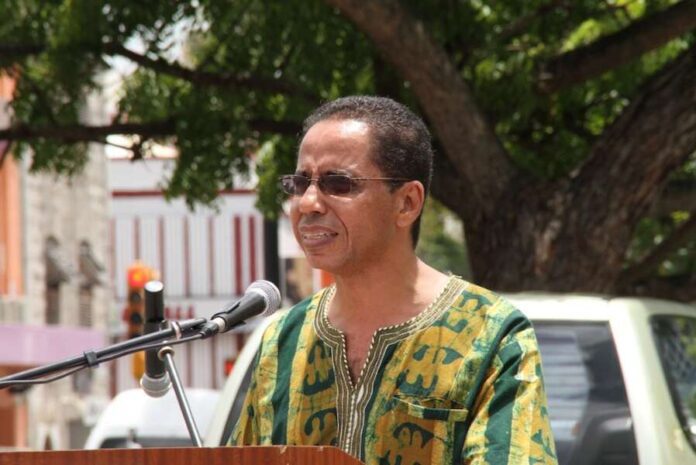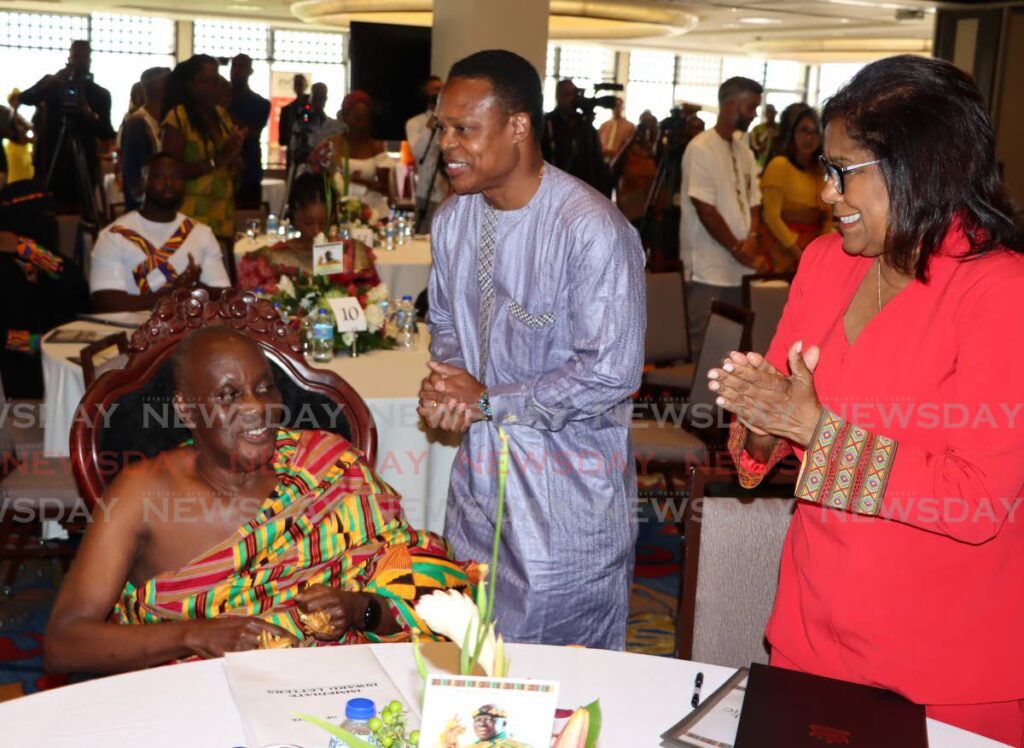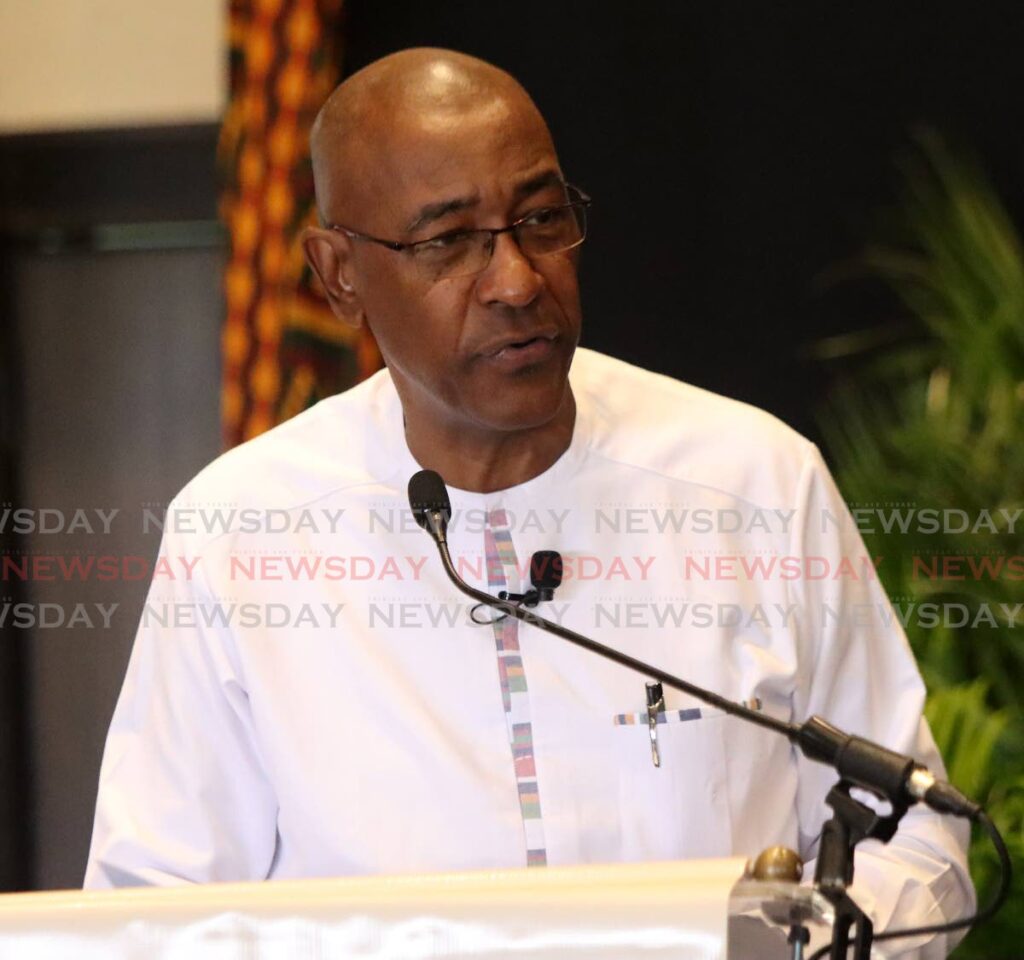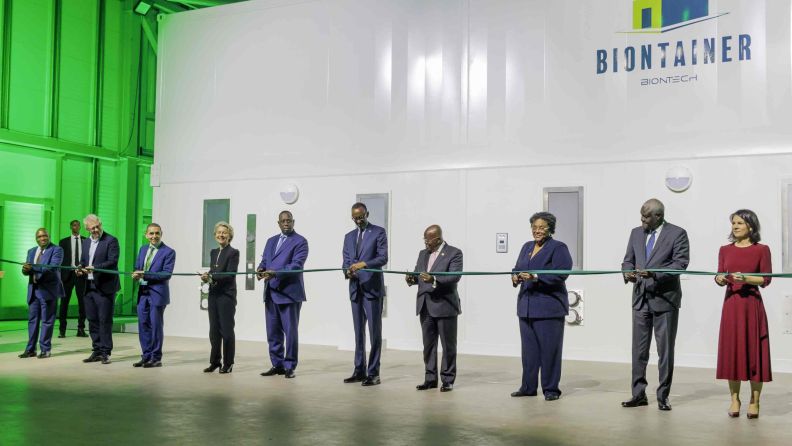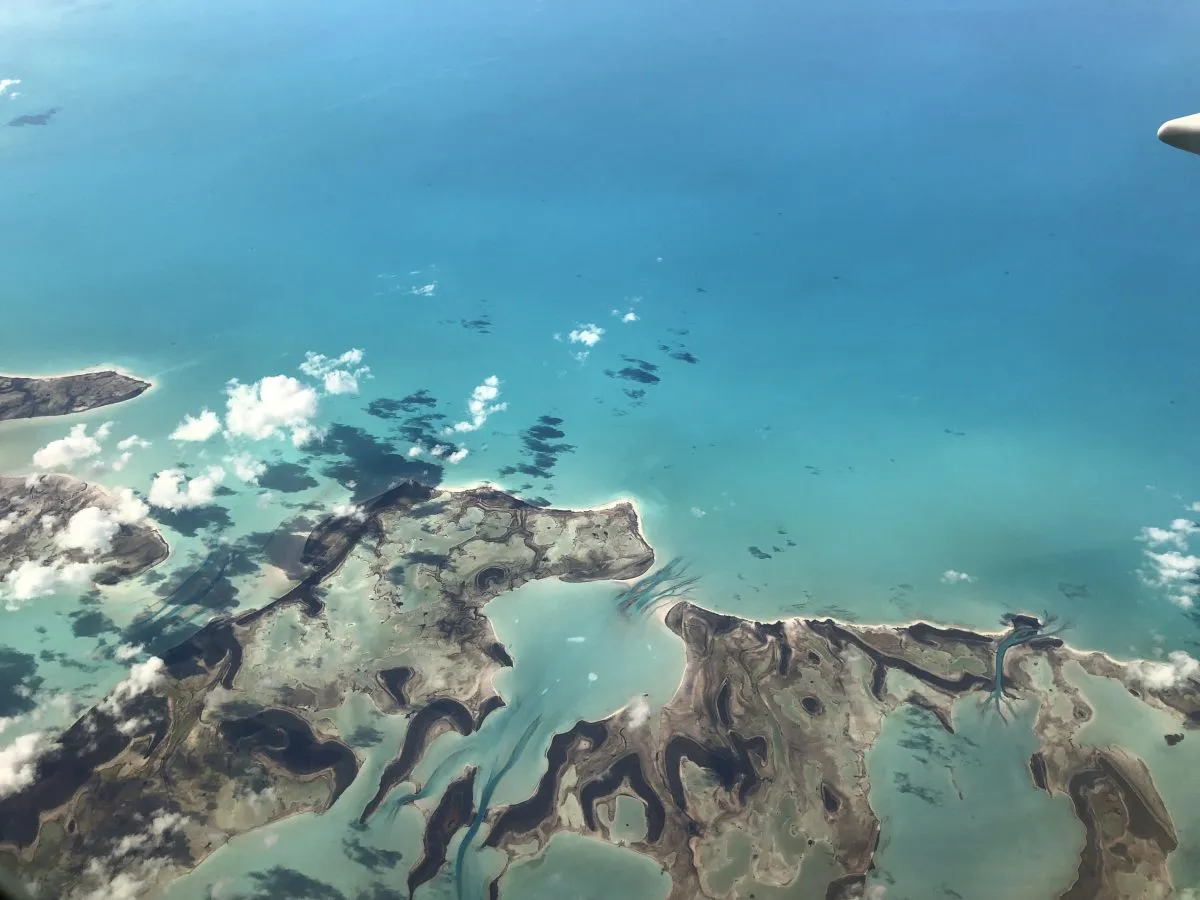Brazil and Colombia sign agreement against discrimination
The agreement was signed on the occasion of the International Afro-Latin American, Afro-Caribbean and Diaspora Women's Day
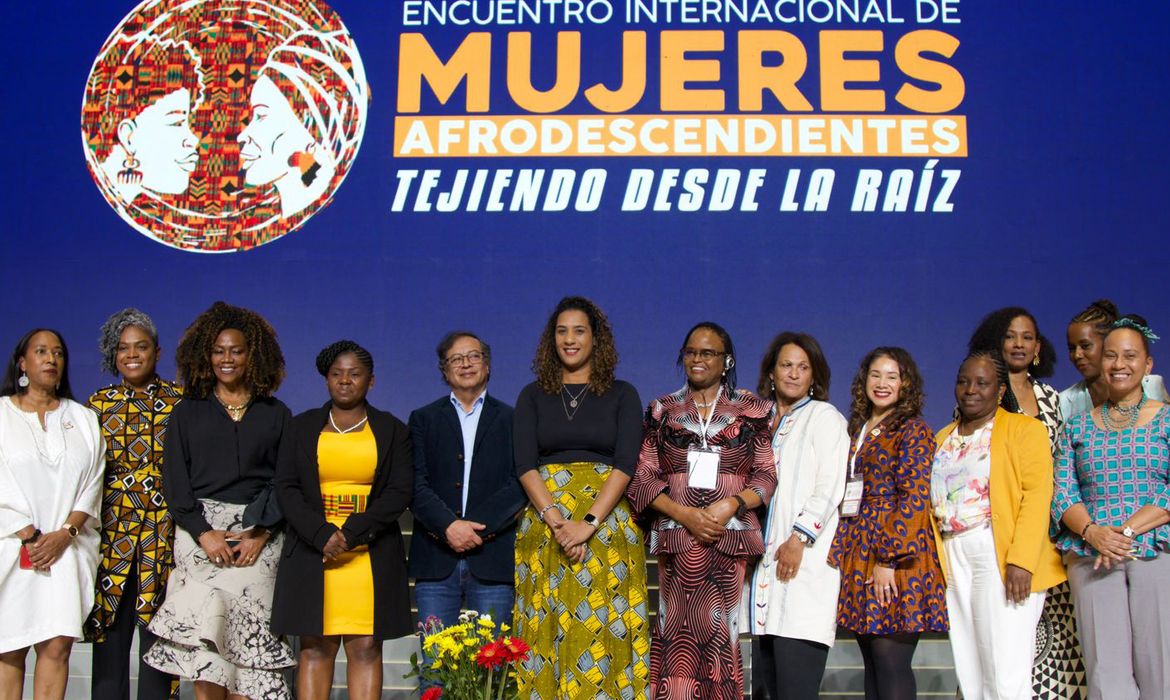
© Luna Costa/Ascom
Published on July 26, 2023 — 14:25 by Daniella Almeida
The Minister of Racial Equality of Brazil, Anielle Franco, and the Vice President of Colombia and Minister of Equality and Equity, Francia Márquez, signed this Tuesday (25), in Bogotá (Colombia), a memorandum of understanding to combat racism and promote racial equality in Latin America. Colombian President Gustavo Petro also attended the ceremony.
The memorandum takes effect immediately and will be valid for five years. It is part of the celebrations of the International Afro-Latin American, Afro-Caribbean and Diaspora Women's Day, which is commemorated on July 25.
The purpose of this agreement is to promote the exchange of experiences in combating racism and promoting racial equality in the region. The cooperation will also encompass academic and scientific collaboration around these issues, as well as policies directed at traditional peoples.
Brazil and Colombia contemplate a work agenda that includes dialogues and dissemination of knowledge about the history of Afro-descendant populations in Latin America and the Caribbean. Notably, emphasis will be placed on historical and cultural ties, including those of traditional communities of African descent.
In addition to educational systems, affirmative action and ethnic-racial diversity, the bilateral exchanges will address the challenges posed by new technologies and changes in international relations.
Seminars, training programs and exchanges between researchers, students, teachers and representatives of civil society who actively promote educational, social and cultural rights, fight against discrimination and foster racial equality will also form part of the agreement.
Anielle Franco stressed the importance of this historic moment and thanked Vice President Francia Márquez for joining this initiative. Franco highlighted the strength, rebellion, talent and commitment that Márquez embodies. "Today, as ministers, we stand together, two black women, signing this momentous memorandum hand-in-hand, alongside a Brazilian delegation of black members of parliament. This marks the dawn of a renewed democracy in our country: we will not back down or take a step back".
Franco also expressed his solidarity with Vice President Márquez, known for her activism in defense of black women and environmental causes. "Stay strong, because we are by your side, united in Brazil, Colombia and throughout the Latin American diaspora", said the Brazilian minister.
Brazil and Colombia sign agreement against discrimination
The agreement was signed on the occasion of the International Afro-Latin American, Afro-Caribbean and Diaspora Women's Day

© Luna Costa/Ascom
Published on July 26, 2023 — 14:25 by Daniella Almeida
The Minister of Racial Equality of Brazil, Anielle Franco, and the Vice President of Colombia and Minister of Equality and Equity, Francia Márquez, signed this Tuesday (25), in Bogotá (Colombia), a memorandum of understanding to combat racism and promote racial equality in Latin America. Colombian President Gustavo Petro also attended the ceremony.
The memorandum takes effect immediately and will be valid for five years. It is part of the celebrations of the International Afro-Latin American, Afro-Caribbean and Diaspora Women's Day, which is commemorated on July 25.
The purpose of this agreement is to promote the exchange of experiences in combating racism and promoting racial equality in the region. The cooperation will also encompass academic and scientific collaboration around these issues, as well as policies directed at traditional peoples.
Brazil and Colombia contemplate a work agenda that includes dialogues and dissemination of knowledge about the history of Afro-descendant populations in Latin America and the Caribbean. Notably, emphasis will be placed on historical and cultural ties, including those of traditional communities of African descent.
In addition to educational systems, affirmative action and ethnic-racial diversity, the bilateral exchanges will address the challenges posed by new technologies and changes in international relations.
Seminars, training programs and exchanges between researchers, students, teachers and representatives of civil society who actively promote educational, social and cultural rights, fight against discrimination and foster racial equality will also form part of the agreement.
Anielle Franco stressed the importance of this historic moment and thanked Vice President Francia Márquez for joining this initiative. Franco highlighted the strength, rebellion, talent and commitment that Márquez embodies. "Today, as ministers, we stand together, two black women, signing this momentous memorandum hand-in-hand, alongside a Brazilian delegation of black members of parliament. This marks the dawn of a renewed democracy in our country: we will not back down or take a step back".
Franco also expressed his solidarity with Vice President Márquez, known for her activism in defense of black women and environmental causes. "Stay strong, because we are by your side, united in Brazil, Colombia and throughout the Latin American diaspora", said the Brazilian minister.
Brazil and Colombia sign agreement against discrimination



